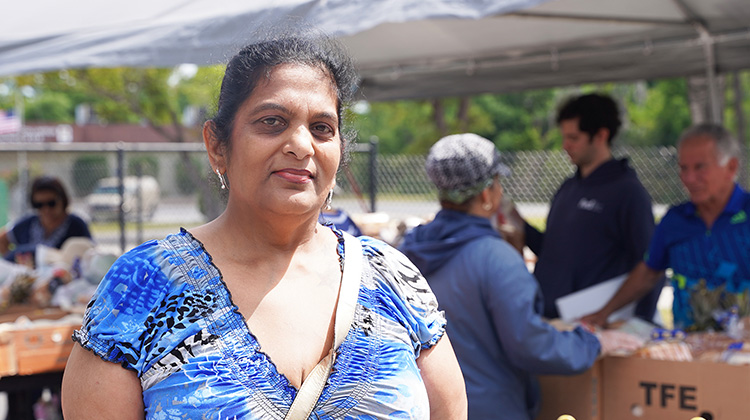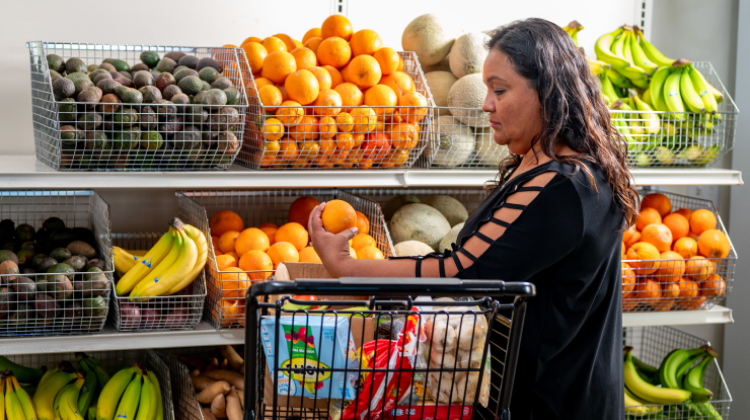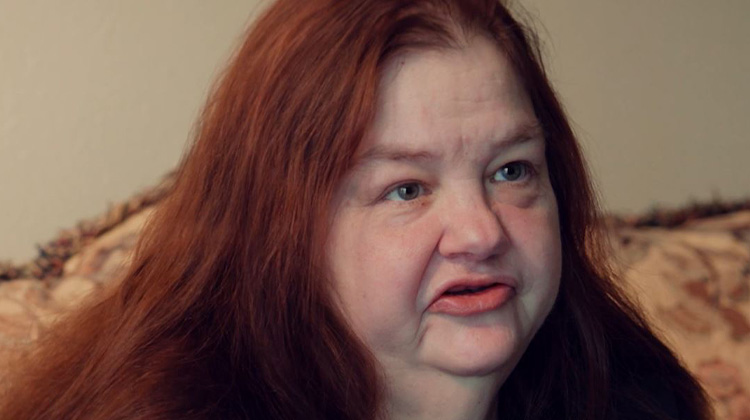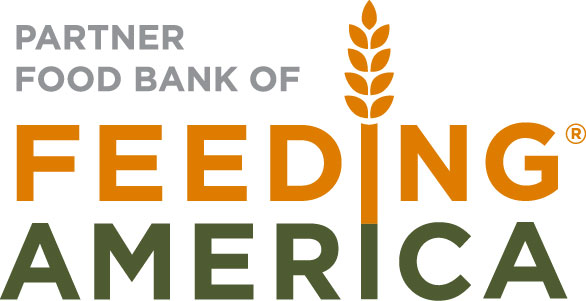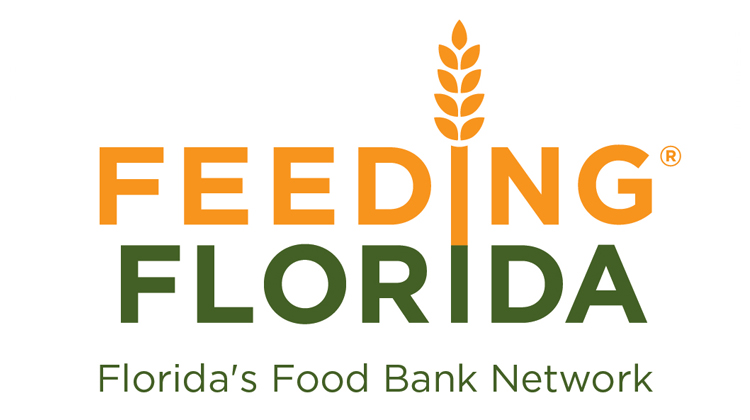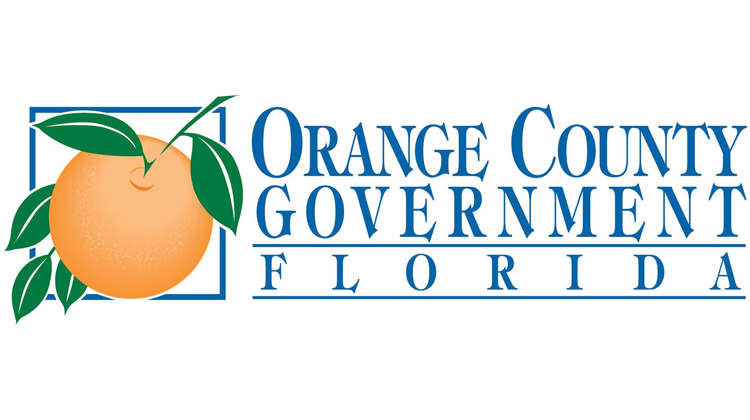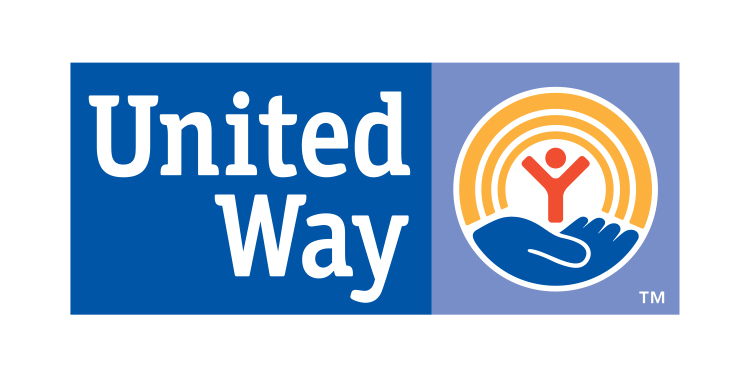
The 2018 ALICE report revealed that almost half of Central Florida’s residents are not earning enough income to pay for basic living expenses like rent, electricity, food and clothing. Like many families who live paycheck to paycheck, Heather and her husband try to keep their budget simple. She tries to instill the values of appreciation and gratitude in their six children for the things they do have.
“We count our blessings, but that doesn’t mean we don’t have to scrounge around to try and make ends meet,” she says.
Heather left her job at a restaurant two years ago to stay home with their youngest child. The cost of daycare prohibited her from returning to work. Her husband continues to work in food service. There are times when his paycheck is not enough and after paying rent and utilities, there isn’t money left to shop at the grocery store.
“I felt hopeless before I found this pantry,” Heather explains. “Now I know I have someone on my side, someone who has my back.”
Heather knows that when there are too many expenses and not enough money in the bank, she can visit a pantry supported by Second Harvest Food Bank to get the help she needs to keep her family fed. A network of 550 feeding partners across six counties offers emergency food assistance and community meal programs to help bridge the gap of unmet need in Central Florida.
“There were times when I didn’t know where we were going to get food, or how we were going to celebrate the holidays,” said Heather. “You made sure we had a Christmas dinner.”
Heather is currently trying to save for the registration fee at daycare so she can return to work when her son celebrates his third birthday. Her goal is not to visit the pantry as a recipient, but as a donor.
“The food pantry is a temporary bridge,” adds Heather. Once she’s on the other side, she hopes to repay the kindness that’s been given to her.
“You give me hope and make my children smile. Thank you.”


